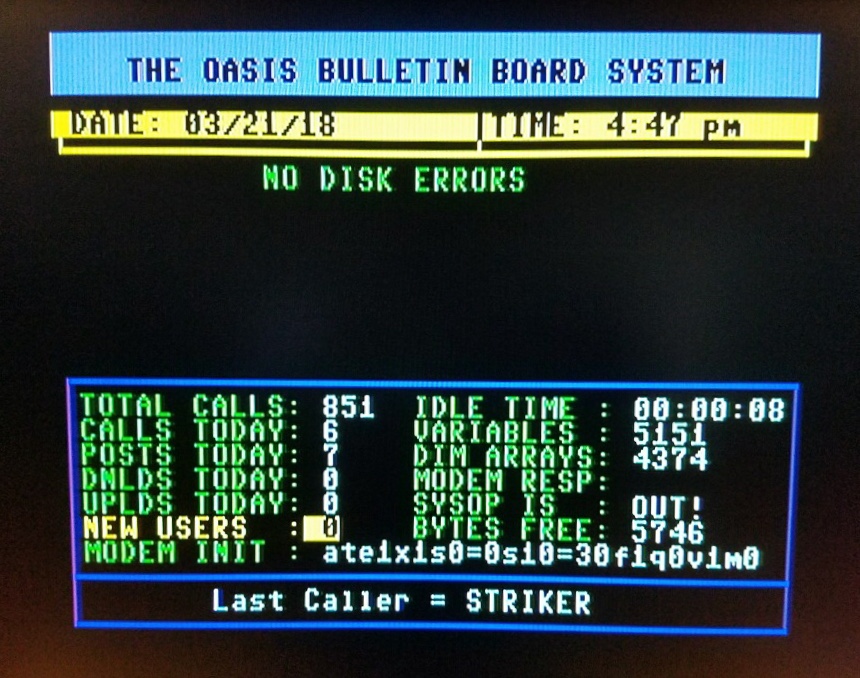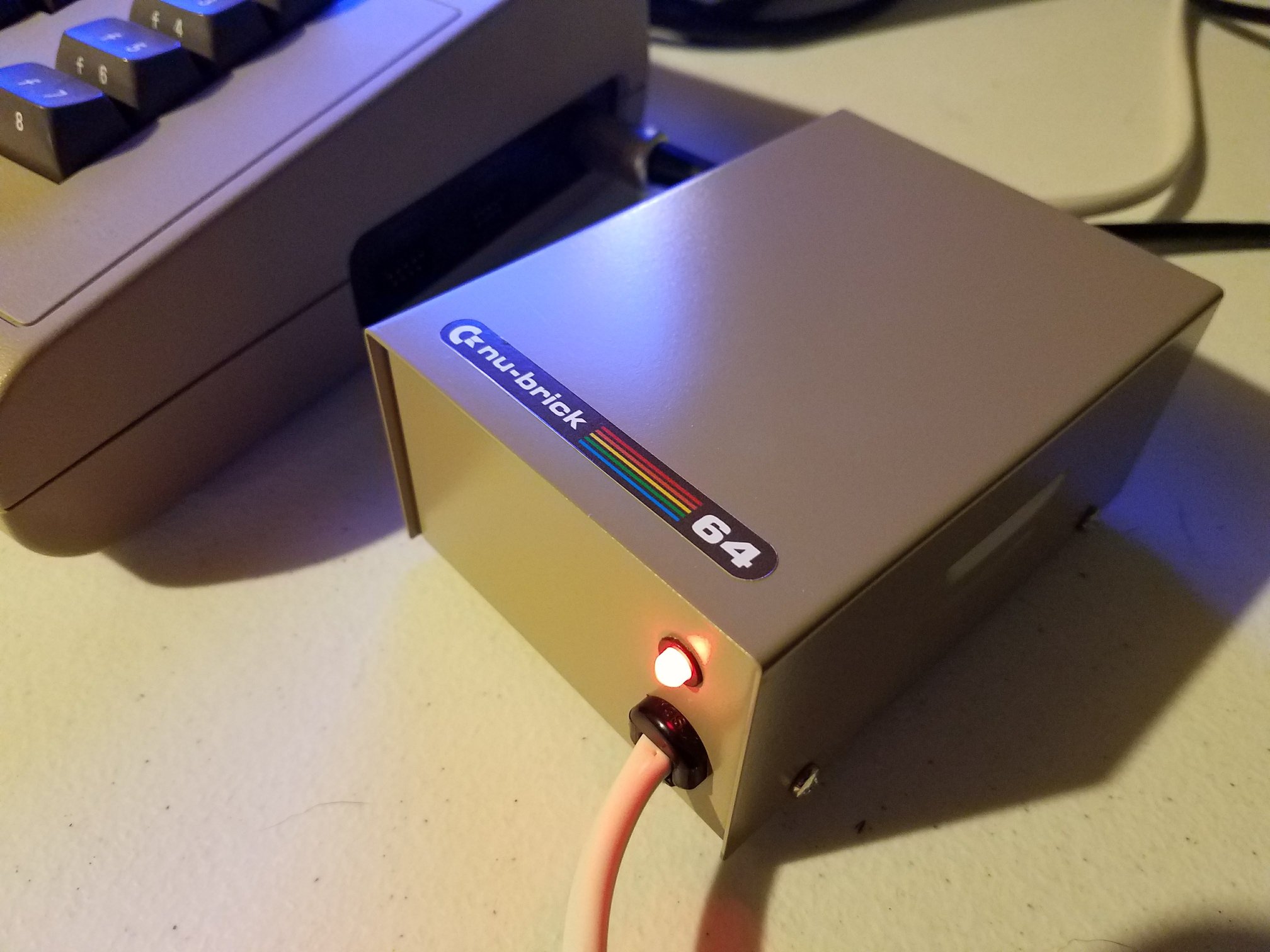In this video, Piers showcases Airfrog Wireless Debugging, an open-source, sub-$5 co-processor for ARM microcontrollers. It updates firmware, edits memory, and adds Wi-Fi telemetry without stopping the target system. Using a Commodore 64 with ARM-based ROM replacements, he demonstrates real-time changes and detailed hardware monitoring.
Live Firmware and Memory Updates
Airfrog plugs directly into a running system’s ROM socket. Within five seconds, it boots, connects to Wi-Fi, and launches a web interface. From there, Piers edits RAM instantly, changing the C64’s character set as the system runs.
Next, he updates firmware in flash memory. The process includes erasing, rewriting, and verifying—all without disrupting the active Commodore 64. Both character and kernel ROMs can be replaced, even with diagnostic firmware, while the system keeps running.
Adding Wi-Fi Telemetry to Busy MCUs
Airfrog Wireless Debugging adds live network data reporting to ARM microcontrollers without built-in Wi-Fi or spare cycles. By connecting multiple Airfrogs to different ROMs, Piers collects byte-serving statistics in real time.
He proves the live telemetry by stopping a BASIC program and watching the data drop to zero, then restarting it and seeing the readings return instantly.
Broader MCU Compatibility and Control
Airfrog works with more than STM32 chips. It supports the Raspberry Pi Pico and other ARM-based boards. Its web interface provides live hardware details, memory viewing, writing, and peripheral control like GPIO management.
It can also function as a wireless debug probe via the Probe RS tool, enabling firmware flashing and logging without direct cable connections.
Open-Source and Affordable
Built on an ESP32 using ARM’s serial wire debug protocol, Airfrog is completely open-source. All firmware and hardware files are on GitHub. Piers built three units for about $10 total, making Airfrog Wireless Debugging an affordable and versatile development tool.







